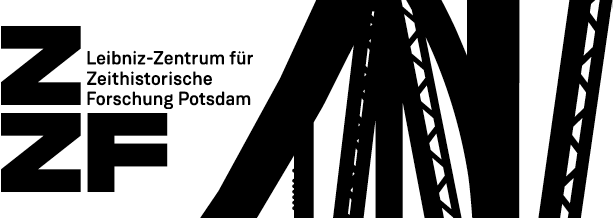Transnational Transgender: Recovering and Rebuilding Gender Identities in Germany and Western Europe, 1945-1989
Research project
This project explores the development of communal identity and ties in (West) Germany’s transgender population in the period between the end of the Second World War and the fall of the Berlin Wall and the eve of German Reunification. After the collapse of the National Socialist regime, German queer/LGBTQIA+ populations remained in precarious circumstances, with community ties and institutions that had previously fostered and nurtured these populations destroyed by twelve years of persecution. Rebuilding and reestablishing such communities also necessitated establishing cross-border connections between similar populations, taking advantage not only of material support but also the ‘trafficking’ of identity and identity markers. This project identifies discursive connection between the nascent and recovering trans communities of West Germany and those of the United Kingdom, the Nordic countries (here particularly Denmark), and the Low Countries (here particularly Belgium) through the course of the second half of the twentieth century. Such networks were predicated on a number of factors, namely (but not limited to) a distinct form of British press reportage that made prominent trans individuals visible in public discourse; avenues of liberalised gender-based rights in Scandinavia compared to more restrictive, proscriptive gender roles in the early Bundesrepublik; and, with the advent of the European Economic Community and its legislative headquartering in Brussels, the assumption of Belgium as a proxy for Europe as a whole. Thus, while German transgender people faced and shaped local circumstances and conditions, they also influenced, were influenced by, and integrated into informal Western European channels of communication and networks of support.
This project decouples German trans history from the path taken by trans communities in the United States; its milestones are not defined by the Stonewall riots of 1969. Instead, it takes as its foundational point that transgender individuals and grassroots organisations had their own agency and were compelled to seek localised, regional cooperation. This was also reflected in contemporary press coverage of transgender issues, where West German media organs reported extensively on British transgender figures (such as Jan Morris or Roberta Cowell), Danish historical and contemporary examples (such as Lili Elvenes/Lili Elbe or Christine Jorgensen, whose healthcare was initially procured in Denmark) and, as European integration began to coalesce, legislative developments in Brussels.
By taking this approach, this project seeks to differentiate transgender communal development as distinct, yet connected to, the trajectory taken by (male) gay liberation movements through the same period, with which it is typically conflated in existing historiography. Ultimately, the project investigates transgender existence in West Germany of the pre-Reunification years as a phenomenon of individual, localised, and transnational identification.
Dr. Bodie A. Ashton
Leibniz-Zentrum für Zeithistorische Forschung Potsdam
Am Neuen Markt 1
14467 Potsdam
Tel.: 0331/28991-80
E-Mail: bodie.ashton [at] zzf-potsdam.de

